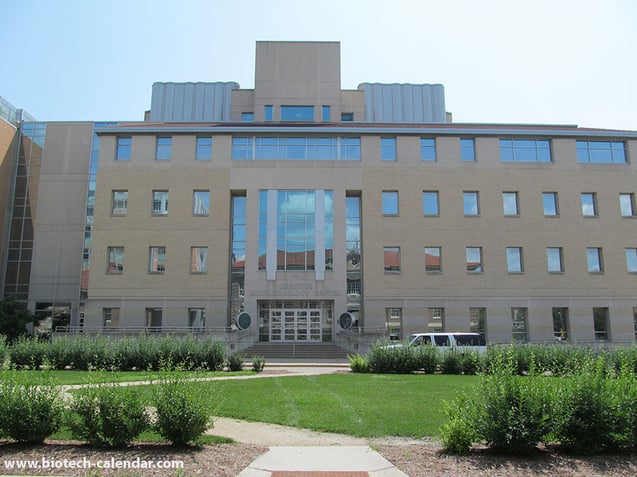
Two University of Wisconsin-Madison researchers won 2016 Shaw Scientist Awards. This program has supported early research efforts pursuing promising ideas in biochemistry, biological sciences and cancer research for over thirty years. The award given by the Greater Milwaukee foundation includes a $200,000 grant for each recipient to be used as seed money for his or her respective projects. Feyza Engin, Ph.D., Assistant Professor of Biomolecular Chemistry, is researching type 1 diabetes. Srivatsan Raman, Ph.D., Assistant Professor of Biochemistry, is conducting research into the properties that allow proteins to change shape.
Dr. Engin’s Diabetes Research
Type 1 diabetes affects roughly 3 million Americans and it is on the increase by the rate of 3-5 percent annually. Type 1 diabetes was previously known as juvenile diabetes because it is usually diagnosed in children and young adults. With this type of diabetes, the body does not produce insulin because the immune system destroys the beta cells in the pancreas, which produces insulin. Insulin is a hormone that allows glucose from the bloodstream into the cells of the body where it can be used for energy. Thus, people with this this type of diabetes require insulin therapy to manage their condition. Type 2 diabetes, on the other hand, is when the body does not use insulin properly, a condition called insulin resistance.
Dr. Engin and her lab are focused on how the destruction of the beta cells, specifically the organelles, which are the functioning component of the cell, leads to type 1 diabetes. According to her University of Wisconsin School of Medicine and Public Health faculty profile, "Despite intensive efforts identifying the underlying causes of this disease, it is still not clear why b-cells are destroyed, what triggers the initial immune destruction, and how it could be prevented or reversed." By uncovering the molecular mechanism that leads to the dysfunction of these organelles, she hopes to develop better preventative and therapeutic strategies to combat type 1 diabetes.
Dr. Raman’s Research
Dr. Raman is studying the molecular mystery of “allostery,” which is the property that allows proteins to change their shape. Proteins are large molecules composed of amino acids and are an essential for the structure, function, and regulation of cells, tissues and organs. Mutated allosteric proteins can cause developmental disorders, metabolic diseases and cancers. Dr. Raman hopes to discover how these proteins sense and respond to signals inside the cell that cause it to change shape. It is hoped that understanding this process better could lead to targeted therapies which would restore normal function of mutated allosteric proteins.
Dr. Raman earned his Ph.D. in 2009 from the University of Washington, Seattle, followed by postdoctoral training at Harvard Medical School. He received his B.S. from Baroda University, India, and his M.S. from the Missouri University of Science and Technology. He says, “The Shaw Scientist Award funds give me the freedom to pursue a high-risk, high-reward project. The preliminary results will strengthen my grant application for continued federal funding of this research.”
More about the University of Wisconsin-Madison
UWisc received $272,694,613 in life science research funding from the NIH in 2015. On Friday September 9th, 2016 Biotechnology Calendar, Inc. will host its 17th Annual BioResearch Product Faire™ at University of Wisconsin-Madison campus. This event gives university researchers the opportunity to meet face to face with laboratory equipment suppliers and see demonstrations of the latest technology in their field. Last year, the BioResearch Product Faire™ event at the University of Wisconsin attracted 287 attendees. For more information about this event, please follow the links below or call (530) 272-6675. Science professionals attend for free.




